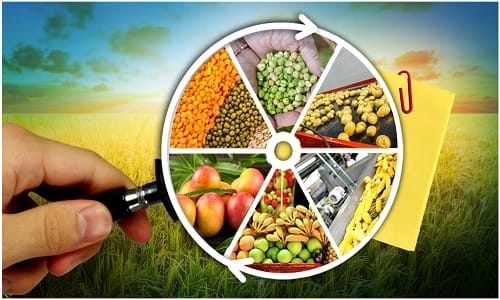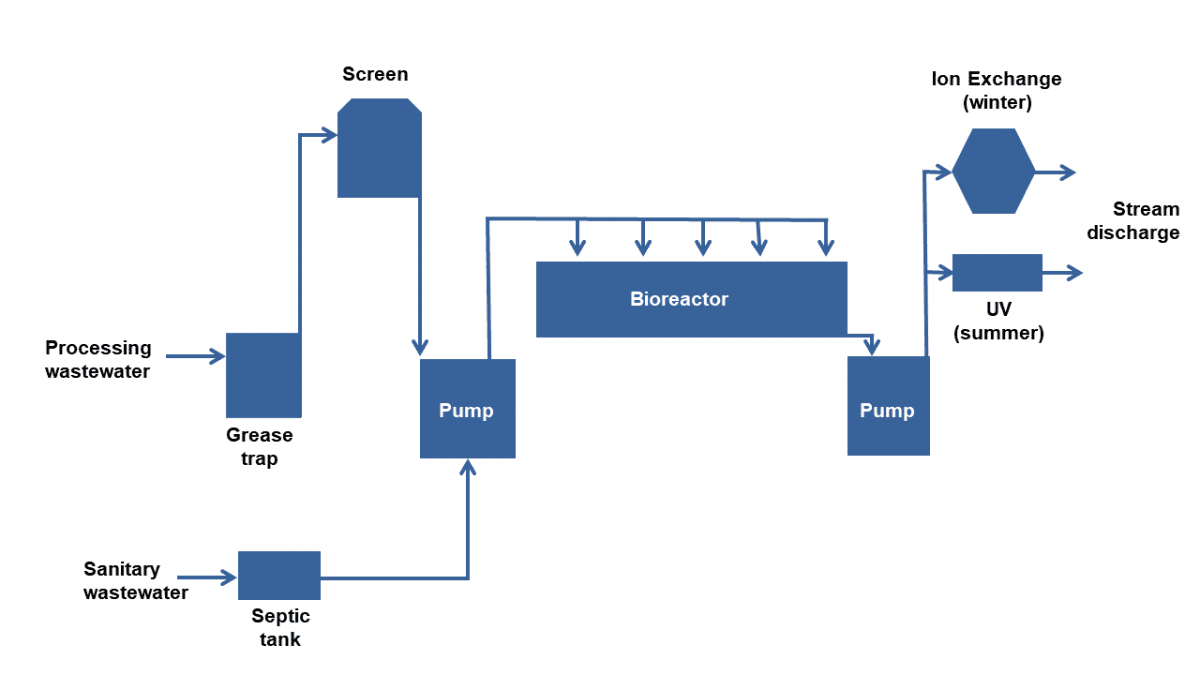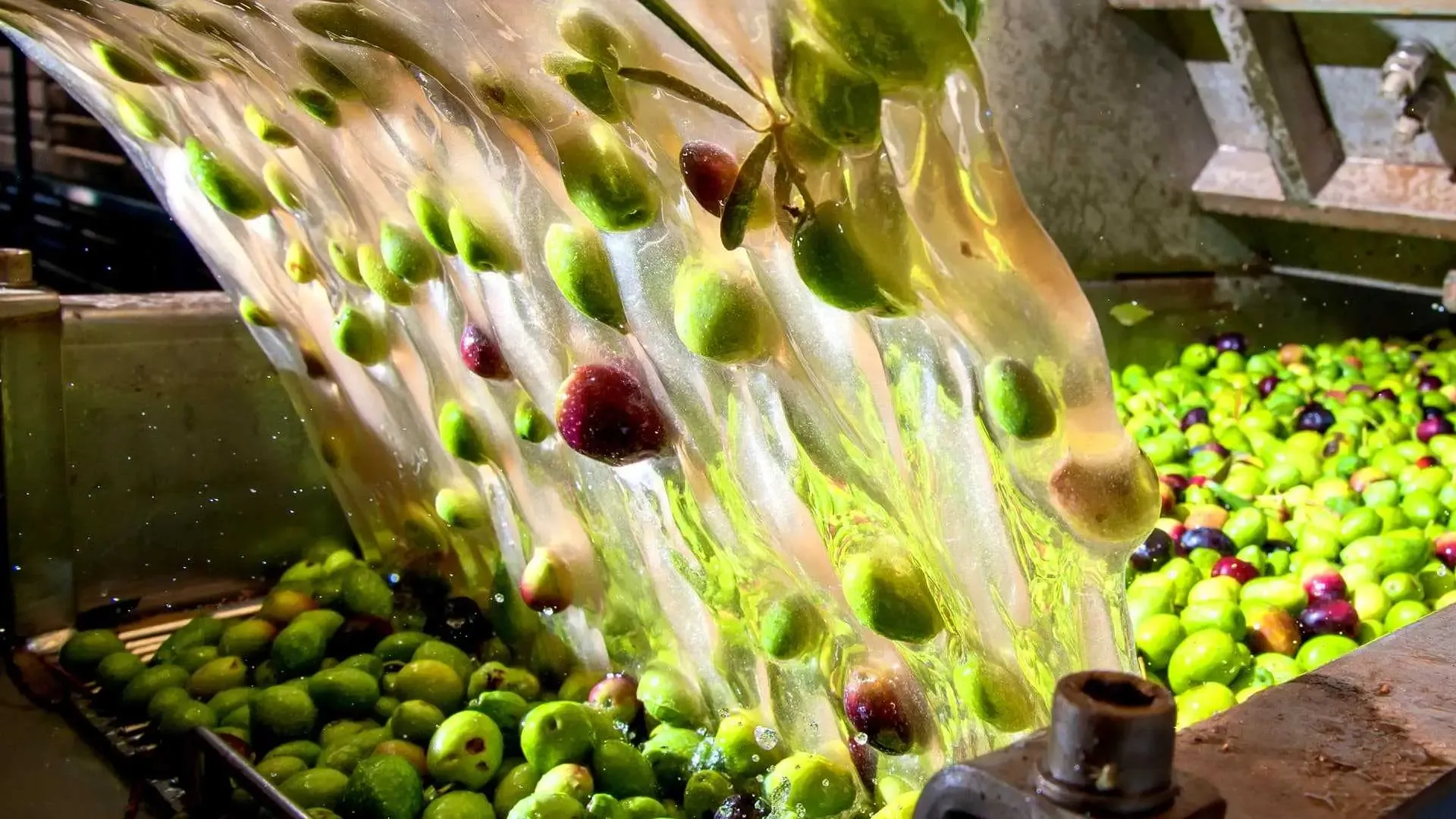Navigating Wastewater Challenges in Natural Foods Processing Industry
As the global appetite for natural foods continues to surge, driven by health-conscious consumers and a growing population, the natural foods processing sector faces a pressing issue: wastewater management. While the rise in natural foods offers numerous benefits, it also presents significant environmental challenges. Understanding these challenges is essential for developing sustainable practices that minimize waste and protect our ecosystems.

Understanding Wastewater Generation in Natural Foods Processing
Natural foods processing generates large quantities of wastewater through various operations, including washing, peeling, slicing, and cooking raw materials. Each stage of processing contributes to wastewater generation, which often contains high levels of organic matter, nutrients, and chemical residues. According to the Food and Agriculture Organization (FAO), food processing industries contribute millions of tons of organic waste annually, leading to substantial environmental concerns when improperly managed.
Moreover, during processing, the introduction of cleaning agents, preservatives, and other chemicals can further contaminate wastewater. These substances not only complicate the treatment process but also pose risks to local water bodies, impacting aquatic ecosystems and human health. Effective management of this wastewater is essential not just for regulatory compliance, but also for protecting the surrounding environment.
Consequences of Poor Wastewater Management
Inefficient management of wastewater from natural foods processing can have serious repercussions for both the environment and public health. Organic waste that decomposes in landfills releases methane, a greenhouse gas far more potent than carbon dioxide, intensifying the effects of climate change. This methane release is a significant contributor to the global warming crisis, making it crucial to address waste management practices.
Furthermore, nutrient-rich wastewater can lead to algal blooms in waterways. These blooms result in oxygen depletion and create dead zones where fish and other aquatic life struggle to survive. This nutrient pollution not only disrupts ecosystems but also threatens the safety of drinking water supplies for nearby communities. The contamination of local water resources can lead to health risks for residents and can have economic implications for fishing and tourism industries reliant on healthy aquatic environments.

Innovative Solutions for Wastewater Treatment
To tackle the environmental challenges posed by wastewater, the natural foods industry is turning to innovative treatment technologies. These methods not only effectively manage wastewater but also promote resource recovery, turning potential waste into valuable resources.
One effective approach is anaerobic digestion, which breaks down organic waste without oxygen, producing biogas as a renewable energy source. This process not only reduces reliance on fossil fuels but also generates nutrient-rich digestate, which can be used as a natural fertilizer, closing the loop on resource use in agriculture. The energy generated can power processing facilities, reducing operational costs and carbon footprints.
Advanced Filtration Systems are also becoming increasingly vital. These systems include biofiltration and membrane technologies that ensure treated water meets regulatory standards before being released back into the environment. Biofiltration uses natural organisms to remove contaminants, while membrane filtration techniques, such as reverse osmosis, separate impurities from wastewater, enabling its reuse in irrigation or other applications. This shift toward advanced treatment not only conserves water resources but also enhances the sustainability of processing operations.
Adopting Sustainable Practices in Wastewater Management
To effectively manage wastewater, natural food processors must embrace sustainable practices. A zero-waste philosophy, aimed at diverting all wastewater through recycling, reuse, and efficient treatment, is critical. Regular audits of wastewater practices can help businesses identify inefficiencies and establish measurable waste reduction goals.
Implementing source separation techniques allows companies to ensure that organic waste is directed toward anaerobic digestion or composting while recyclables are processed appropriately. Collaborating with local farmers can facilitate the repurposing of treated wastewater for irrigation, fostering a circular economy where resources are continually reused. This partnership can benefit both the processors and farmers by providing a reliable source of nutrients for crops while mitigating waste management challenges.
Empowering Consumers Through Education
Consumer awareness plays a vital role in driving sustainable practices within the natural foods sector. Educating consumers about the importance of effective wastewater management and sustainable sourcing can encourage them to support brands that prioritize environmentally responsible practices. Certifications highlighting sustainable processing methods can enhance brand trust and inspire others in the industry to follow suit.
Transparency in practices and the communication of sustainability efforts can resonate well with today’s consumers, who are increasingly making purchase decisions based on a brand's environmental impact. By fostering a culture of sustainability and encouraging informed consumer choices, the natural foods industry can drive positive change throughout the supply chain.

A Unified Approach to Sustainable Wastewater Management
The environmental impact of wastewater from natural foods processing is significant, but with a commitment to innovative solutions and sustainable practices, it is possible to mitigate these effects. By leveraging advanced treatment technologies, fostering sustainable practices, and raising consumer awareness, the natural foods processing industry can balance ecological responsibility with the growing demand for nutritious, natural products.
The path to sustainable wastewater management may be challenging, but the potential benefits for the environment and society are immense. Collaboration among stakeholders—including processors, consumers, and policymakers—is crucial in promoting responsible water use and enhancing resource efficiency, paving the way for a healthier planet for future generations. Together, by adopting these practices and technologies, the natural foods sector can navigate wastewater challenges and create a sustainable future for both the industry and the environment.